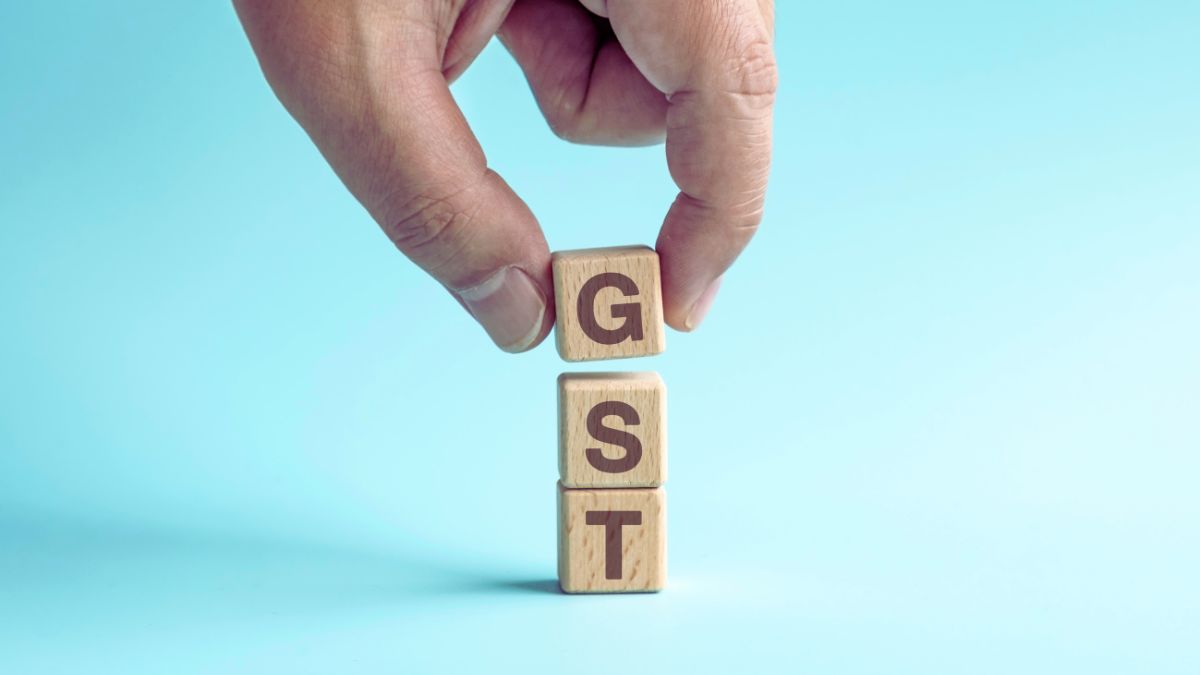The GST Council has decided to change the taxation base for sin goods such as pan masala, gutkha, cigarettes, unmanufactured tobacco and chewing tobacco like zarda. Instead of being taxed on the transaction value — the price at which manufacturers or distributors sell to wholesalers — these products will now attract GST on their retail sale price (RSP).
What changes with RSP-based taxation
Until now, GST on tobacco and pan masala was levied on the transaction value declared by manufacturers at the time of sale to distributors. This left scope for undervaluation, as the declared price could be significantly lower than the maximum retail price (MRP) at which consumers eventually bought the products.
By shifting the tax base to RSP, GST will now be calculated on the final retail price printed on the pack. This is expected to plug leakages, curb revenue loss to the exchequer, and bring uniformity in the way these high-tax products are assessed.
Illustrative example: ₹100 MRP pack of pan masala
(Note: This is only a simplified example to explain the tax change. Actual prices and tax rates differ.)
-
Earlier system (GST on transaction value): If the manufacturer sold the pack to a distributor at ₹60, GST and cess were charged on ₹60. Assuming a 50% tax rate, the tax collected would be ₹30.
-
New system (GST on RSP): The same pack has a retail sale price of ₹100. GST and cess will now be charged on ₹100. At the same 50% tax rate, the tax collected would rise to ₹50.
This illustrative calculation shows how shifting the tax base from transaction value to retail sale price increases tax collection and reduces scope for undervaluation.
Why this matters
Pan masala, gutkha and tobacco products have been under close scrutiny by both tax authorities and public health officials. These are among the highest-taxed items in the GST regime, attracting 28% GST plus a hefty compensation cess. Yet, due to under-reporting of transaction values, the actual tax collected often fell short of expectations.
With RSP-based taxation, the effective tax burden on manufacturers and distributors is likely to rise, especially for products sold at a large markup to consumers. This is expected to increase government revenues while making tax evasion more difficult.
Impact on companies
Manufacturers of pan masala, gutkha and chewing tobacco will now face higher compliance costs and reduced flexibility in pricing structures. Large organised players may be better positioned to absorb the change, but smaller or regional firms could feel the pressure.
For cigarette companies, where the RSP is already closely monitored, the impact may be less pronounced, but the shift will still tighten the taxation framework. Analysts expect the move could raise effective duties across the category, potentially leading to higher consumer prices.
Broader implications
The decision signals the government’s continued effort to tighten the taxation regime around sin goods. Besides boosting revenue, policymakers also see it as part of a larger public health strategy to discourage consumption through higher retail prices.
However, consumer behaviour in these categories is often sticky, and demand may not fall significantly despite price increases. This could mean higher tax collections for the government without a proportionate decline in sales volumes.
Disclaimer: This article has been written by the author based on their understanding of the subject. However, readers are strongly advised to consult with a qualified financial advisor before making any investment or financial decisions.


